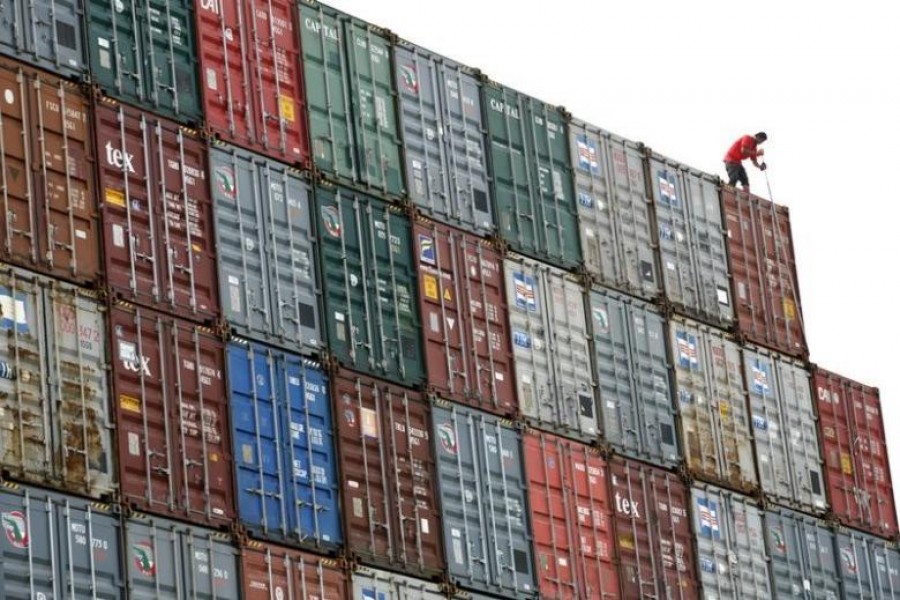Asia Pacific exporters are deeply concerned about a possible fall in turnovers in the wake of an increase in US protectionist measures and their potential for triggering a trade war with Asian countries at the centre.
The turnover will decline 10 to 20 per cent due to uncertainty over and changes in trade agreements, 45 per cent of the exporters said in a survey conducted by Atradius in the region.
The worries came although global GDP growth has been forecast to accelerate to 3.2 per cent – the strongest annual expansion since 2011.
Suppliers focusing on domestic trade, however, consider the introduction of international trade barriers to be an opportunity for growth, according to the survey sent by Media OutReach.
It said 52 per cent of the suppliers surveyed in China are pessimistic about potential export turnover losses due to the introduction of trade barriers such as tariffs or targeted restrictions.
The opinions of Chinese suppliers are shared by respondents in Indonesia (65 per cent), Taiwan (48 per cent) and Hong Kong (47 per cent). All economies with deeply intertwined trade relationships with China.
Despite concerns over the impact of protectionist trends on the Asia Pacific trade outlook, countries in the region are striving to reinforce trade ties with the rest of the world, increasingly turning to Australia for economic and trade cooperation, the study showed.
This may explain why 54 per cent of the Australian suppliers surveyed do not expect a negative impact on their businesses' turnover in the coming months. Japanese respondents (51 per cent) share the same optimistic view, it went to say.
Eric den Boogert, Managing Director of Atradius Asia comments: "Many Asian companies are now benefitting from further liberalisation of international trade as new trade agreements are agreed, or existing ones enhanced.
“With the growing opportunities, providing our customers with the confidence they need to expand with the right business partners is a priority for us."
The report further addresses details on payment duration; payment periods increased from 55 days in 2017 to 57 days in 2018. Except for China and Singapore, all APAC countries have experienced an increase in payment duration over the past year.
While 2018 brought small changes in the average proportion of uncollectable B2B receivables, some things remain the same – the main reason for writing off B2B receivables as uncollectable is the customer going bankrupt or out of business.


